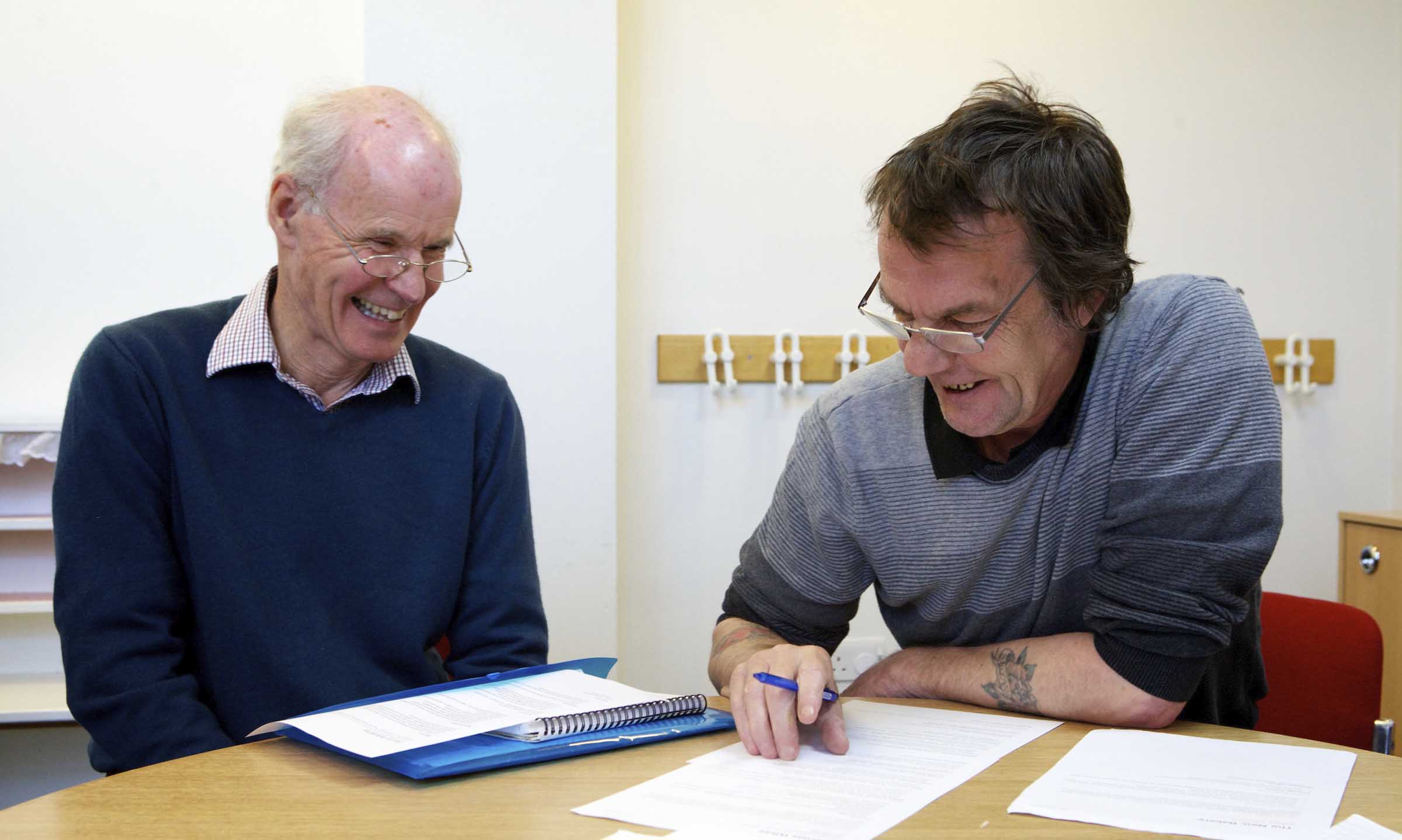In this blog, Mark Kitson, Associate Director of Cinnamon Network, gives some great pointers for church-based projects that are keen to grow beyond a single location.
If you’ve got a great social action project in your church, you may have a gnawing sense that you shouldn’t keep it to yourself. At Cinnamon Network, through our Incubator programme, we help a lot of small initiatives put in place the foundations to replicate across the country.
But before you jump in, you need to get into the ‘long game mentality’. You can’t build a social franchise overnight, so be prepared to put the hard work in over a considerable period of time. If you’re ready to commit, then consider the following stages:
- Be prepared to adapt your current project
- Consider who you really want to partner with
- Take time to ‘onboard’ new partners
- Establish clear mutual expectations
- Review, learn and revise
You’ll need to adapt your current project
Think of franchise models and there is one name that jumps out: MacDonalds. The global fast-food chain has more than 38,000 outlets across the globe. While you’re probably not thinking quite that large, there’s a lot we can learn from the fast-food magnates.
When they began to entertain the idea of franchising, one of the first things the founding brothers did was reduce their extensive menu to a list of just a few best-sellers.
Just like the MacDonald brothers, you’ve also got to whittle down your project to find its golden core. This will give you the framework around which you can build future replications. Ask yourself:
- What makes your project unique?
- What do people love about what you do?
Consider who you want to partner with
Replication is about recreating your project – it’s not about recreating you. As you identify the core of what you do, you also need to consider the values, facilities, resources, personnel, location or skills a replicating partner will need to have.
These will all depend on the nature of what you do. For example, if you offer support to prison inmates– you’ll need a partner near a prison; if you run cooking classes, you’ll need a partner that has access to a kitchen.
Take time to ‘onboard’ new partners
As you get a second project up and running, they’ll need to see what good looks like and get a bit of a steer on how to get there.
We all know that manuals have a habit of gathering dust on bookshelves, so less is often more. Go back to what you do, how you do it and put together a list of what is a ‘Must’, what is a ‘May be’, and what is ‘Forbidden’.
Use checklists, examples and diagrams to get across your point and add into the mix some face-to-face time with your partner or a few videos to show how it can be done.
Establish mutual expectations
It’s also worth putting together a contract to make clear what your expectations are in terms of who does what, fees, safeguarding and the use of your name and branding.
The world isn’t perfect, things go wrong, people move on, and sometimes initiatives just run their natural course. Having a written agreement will just help everyone navigate the inevitable twists, turns and bumps in the road.
Review and revise
Once you’ve got a project up and running – it’s just the start! You’ll want to see what is and, more importantly, what isn’t working. Build monitoring and evaluation in from the start so you can continually improve the way you support your partners.
And, to return to our point at the beginning, if you want to grow big, grow slow. All the hard work you put in to lay strong foundations will pay dividends in the long run. After all, Rome wasn’t built in a day and neither was MacDonalds!




